What is an employee’s understanding of the “Duty of care?” The duty of care is to “CARE”. Bartenders and servers must know the amount of alcohol in the drinks to serve alcohol safely. It is so much riskier when patrons control their own drinking opportunity (self-serve).
When your servers and bartenders receives patrons’ money increase the legal responsibility of the sale. The staff must develop the ability to understand the needs of the patrons while controlling what they want. Caring for the patron creates the opportunity for your staff to develop patron trust and safety. Your staff actions are always made in good faith by accepting the responsibility to care. “HAP” is the staff able to help, assist, and protect patrons with preventative checks.
The trained SCAB ability by your bartenders and servers of patrons is used in fulfilling a legal duty to care. The managers and staff must all learn and develop preventative observation and intervention skills. The younger staff can learn from older experienced staff on how to interact in problem situations. Staff interactions prevent the opportunity of patron’s risk-taking. Your staff’s attentive intervention skills create safer social environments. The use of house policies by all staff educates patrons to develop self-care. The patron’s immediate communication of observed risky behaviors stops patron problems from occurring. The server’s and bartender’s ability to listen and use intervention skills prevents unwanted patron risk-taking. Patrons learn to trust bartenders’ acts and deliver care for all patrons. The staff always reminds patrons to plan ahead for safe transportation before the drinking of alcohol starts. The patron’s preventative planning reduces hidden dangers. The safety skills used by your staff are continual and ongoing with patron interventions, observations, and experiences.
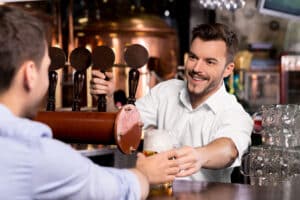
People who are drinking alcohol can get confused because of the effect of “many poly impairments and alcohol.” Bartenders may fulfill their responsibility of a duty of care, threw continual and ongoing checking of the customer’s state of well-being by SCAB. The employee’s responsible observation and control of the patron’s alcohol consumption are done by SCAB. SCAB is the staff checking of patrons for changes in speech, coordination, appearance, and behavior. Patrons that become possibly impaired will tend to show traits of unwanted customer behavior and misjudgment. Many patrons pregame and have a higher tolerance for alcohol are continually and ongoing revisited by staff “SCAB” during their time of service. Some patrons never seem to show signs of possible intoxication or obviously impaired behaviors because of their tolerance. Some patrons may possibly become a danger to themselves and society. Remember that people drinking alcohol will become confused. Patrons may not be aware of the personnel changes that are occurring around them and possible dangers. Safe drinking habits should be taught by bartenders and staff to keep patrons and society safer. Remember training experience drinkers to make safer drinking decisions helps servers make safe money and more returning patrons.
Responsible alcohol drinking is educated by staff when developing more controlled patron consumption rates, especially when patrons’ behavior includes eating food and drinking water, planning ahead to have safe transportation home, and drinking with friends when happy and not sad. Servers are professional adult caregivers with a legal duty to assist patrons. Remember ‘two people got to go” when assisting possibly impaired patrons. Staff controlling of aggressive drinking at the special event is done by assigning a person to act as a social lifeguard in the group. The lifeguard will help to control group behavior and patron drinking. The lifeguard will intervene when needed and arrange for their safe transportation if needed. The effects of alcohol on experienced patron behavior are hard to diagnose because of higher patron tolerances. Heavy alcohol drinking does not create smarter behaviors. Ten percent of the populous consumes 70 percent of the alcohol produced. Alcohol can affect the patron’s learning, memory, decision-making, and social behaviors. Long-term alcohol abuse also causes possible changes in understanding, judgment, emotion, anxiety, and social reasoning.” Low levels of alcohol may improve blood flow to the brain, (making you think you are smarter) but that effect quickly does not last. “At some levels, there is a change where alcohol is aggressively put into your body can create greater dangers. While the effects of alcohol consumption differ with certain groups of drinkers. The majority of alcohol is consumed by ten percent of the populous. Responsible drinking can lower the risk of cardiovascular disease, depression, and help maintain cognitive function. Heavy drinking consumption can create the opportunity for dangerous effects on the brain which can affect thinking and reasoning.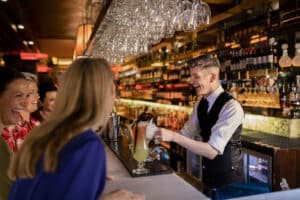
Staff must repeat house policy often to patrons. Staff must be caring and observant of the needs of the customers. Problem drinkers come back to the caring servers and bartenders that they trust. Caring is a special duty. Serving patrons’ needs and caring can be a joy to your staff, “Be aware and always care”. The staff’s great experience of having returning patrons “that come back to revisit”, comes from the trust they have created. Staff must take the time to care for patrons’ needs, control their wants.
Be safe,
Robert Pomplun
ServingAlcohol.com
To read more on the basics of bartending please visit our Bartending 101 blog post.

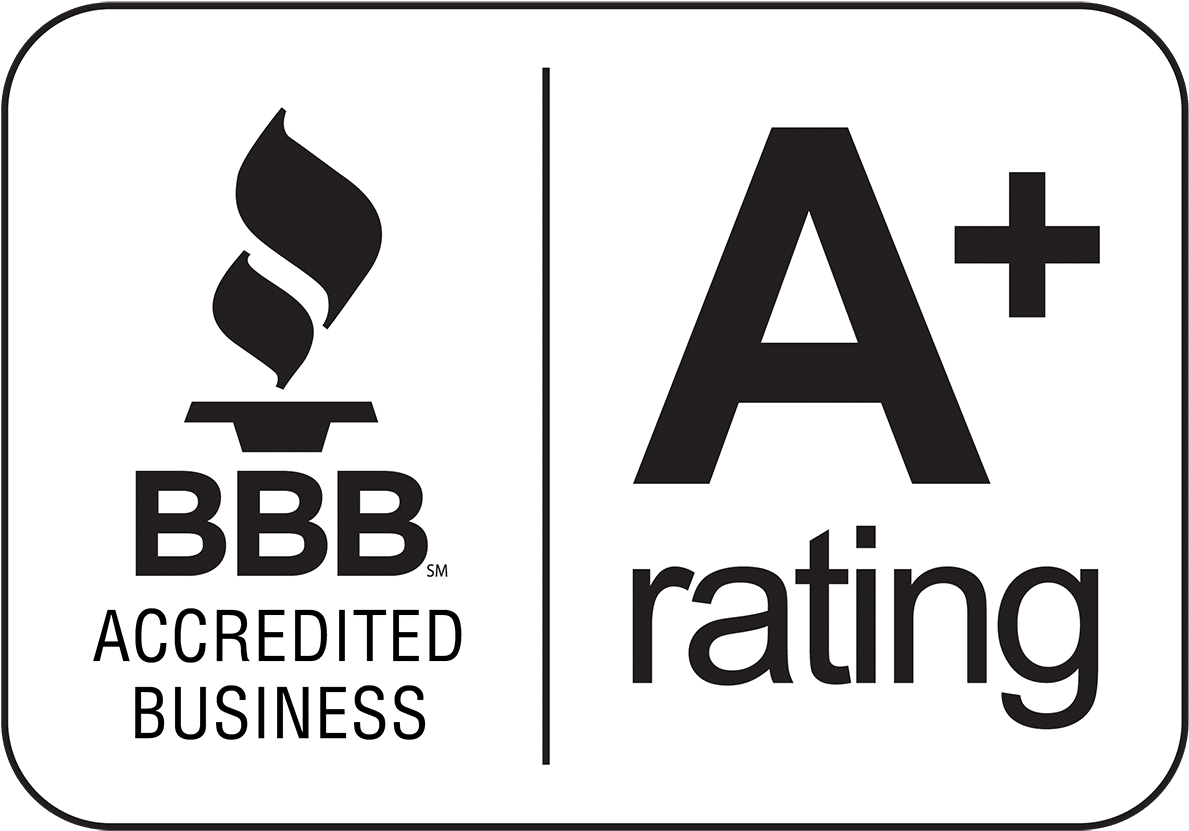
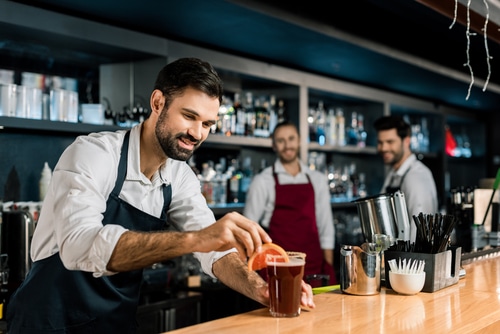

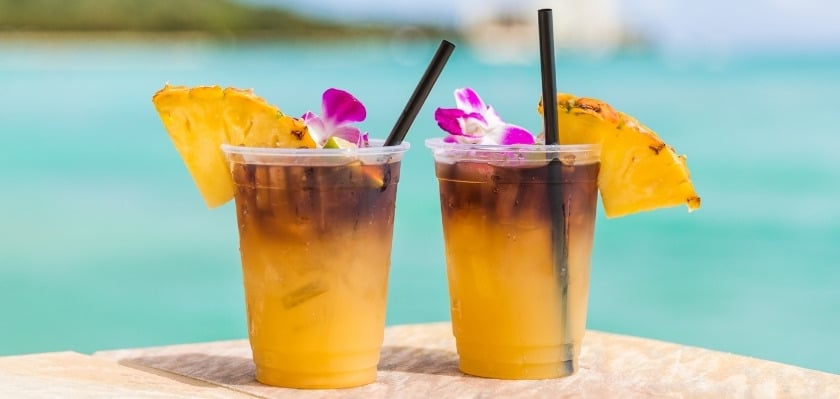
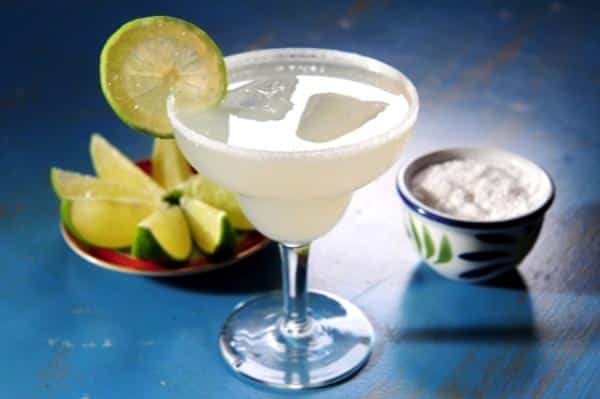

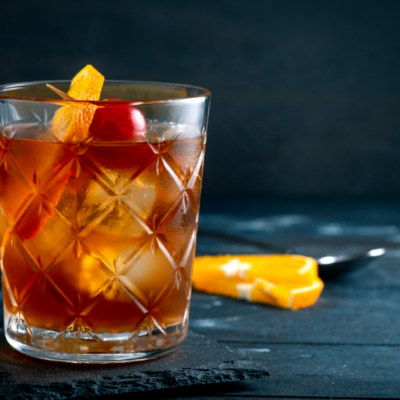

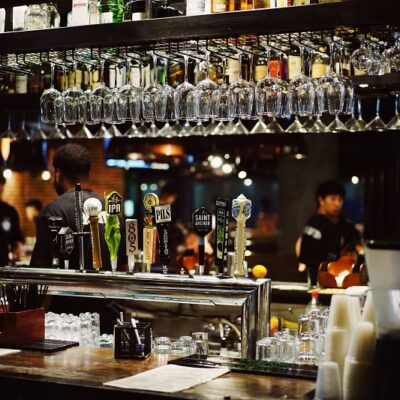

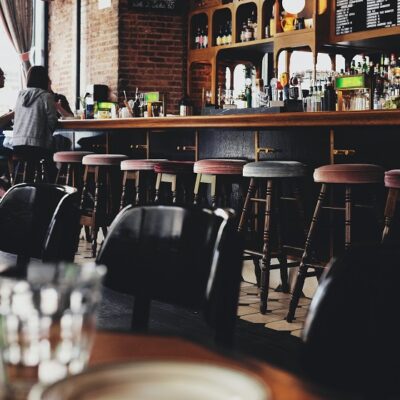
Leave a Reply
You must be logged in to post a comment.